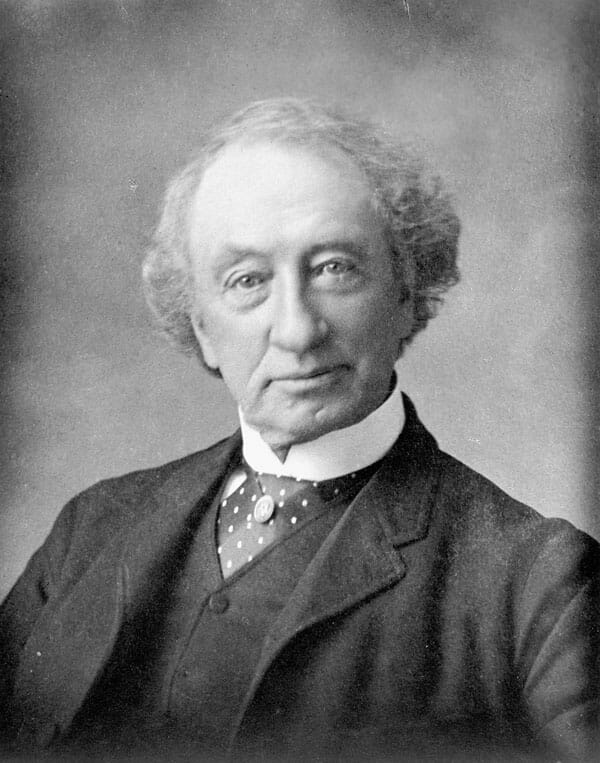Celebrating Sir John A. Macdonald
January 11, 2015

Today, we celebrate the 200th birthday of Canada’s first Prime Minister, Sir John A. Macdonald. Father of Confederation and builder of the Canadian Pacific Railway, his vision united vast lands from East to West, and formed the foundation of the country we know and love.
Although Sir John A. was of a different political affiliation, there are many things about him that I admire, including his fundamental knowledge that our country is stronger together rather than apart, as well as his belief that Parliament’s Upper Chamber must be independent from political influence.
On Sir John A.’s passing, Sir Wilfrid Laurier reportedly said: “Sir John Macdonald now belongs to the ages, and it can be said with certainty, that the career which has just been closed is one of the most remarkable careers of this century.”
It is not too much of an overstatement to say – as Laurier did – that the life of Sir John A. Macdonald “is the history of Canada”. In a career in elected office that spanned almost 50 years, he was responsible for an unassailable list of accomplishments, including welcoming eight provinces and territories into Confederation, developing the forerunner of the RCMP, and creating Canada’s first national park. Despite enduring many personal tragedies in his life, Sir John A. was a political mastermind winning an unprecedented six majority governments and only losing one election in the post-Confederation era.
While some of his own positions and those of his government – most notably those that dealt with the treatment of Indigenous Peoples – have had damaging consequences that must be acknowledged and cannot be defended, it remains true that Canada as we know it today might not even exist if not for Sir John A.’s statecraft and single-minded determination.
He had an ambitious vision for our country, confidently stretching across the continent. He imagined a big Canada, which we have been fortunate to inherit. He recognized the importance of accommodating Canada’s diversity and forging a progressive, forward-looking path. He understood that building a country was not a one-time Confederation, but a constant process of cooperation towards a shared national purpose. And he knew that the federal government should lead in realizing that vision.
Today, we honour his lasting legacy.
Justin